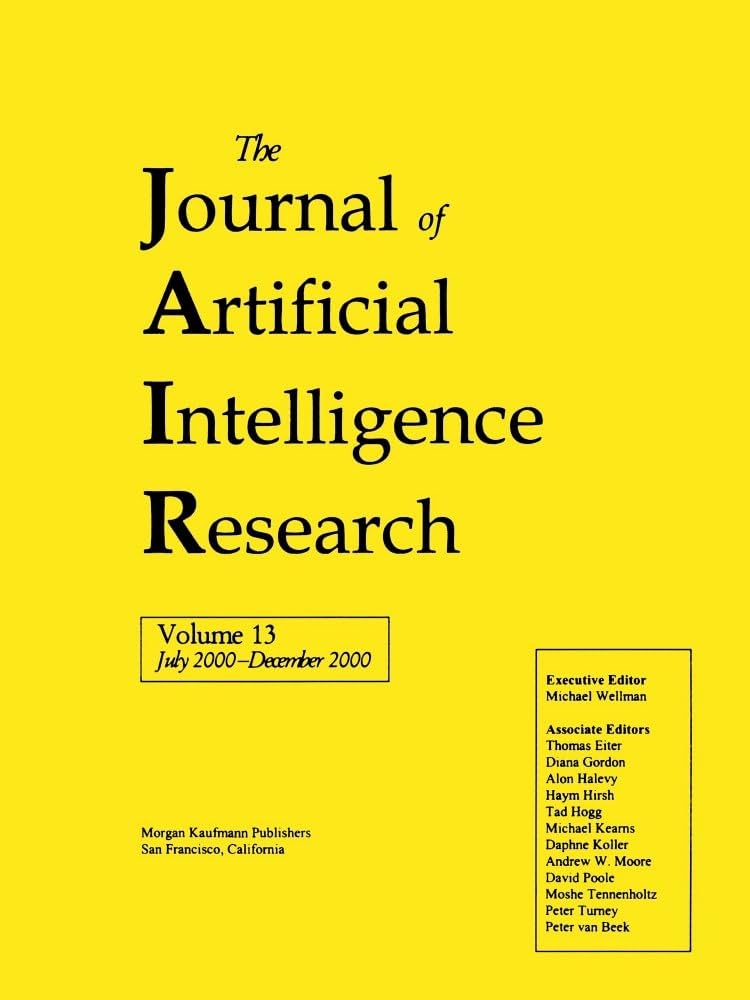HEBO:贝叶斯优化假设的实证研究
IF 4
3区 计算机科学
Q2 COMPUTER SCIENCE, ARTIFICIAL INTELLIGENCE
引用次数: 5
摘要
在这项工作中,我们严格分析了黑盒优化超参数调优任务固有的假设。我们在贝叶斯马克基准上的结果表明,异方差和非平稳性对黑盒优化器构成了重大挑战。基于这些发现,我们提出了一个异方差进化贝叶斯优化求解器(HEBO)。HEBO执行非线性输入和输出翘曲,允许精确的边际对数似然优化,并且对学习参数的值具有鲁棒性。我们在NeurIPS 2020黑箱优化挑战中证明了HEBO的经验有效性,其中HEBO排名第一。经过进一步分析,我们观察到HEBO在包含Bayesmark基准的108个机器学习超参数调优任务上显著优于现有的黑盒优化器。我们的研究结果表明,大多数超参数调优任务表现出异方差和非平稳性,具有Pareto前解的多目标采集集成改进了查询配置,并且鲁棒获取最大化器相对于非鲁棒获取最大化器提供了经验优势。我们希望这些发现可以作为贝叶斯优化实践者的指导原则。本文章由计算机程序翻译,如有差异,请以英文原文为准。
HEBO: An Empirical Study of Assumptions in Bayesian Optimisation
In this work we rigorously analyse assumptions inherent to black-box optimisation hyper-parameter tuning tasks. Our results on the Bayesmark benchmark indicate that heteroscedasticity and non-stationarity pose significant challenges for black-box optimisers. Based on these findings, we propose a Heteroscedastic and Evolutionary Bayesian Optimisation solver (HEBO). HEBO performs non-linear input and output warping, admits exact marginal log-likelihood optimisation and is robust to the values of learned parameters. We demonstrate HEBO’s empirical efficacy on the NeurIPS 2020 Black-Box Optimisation challenge, where HEBO placed first. Upon further analysis, we observe that HEBO significantly outperforms existing black-box optimisers on 108 machine learning hyperparameter tuning tasks comprising the Bayesmark benchmark. Our findings indicate that the majority of hyper-parameter tuning tasks exhibit heteroscedasticity and non-stationarity, multiobjective acquisition ensembles with Pareto front solutions improve queried configurations, and robust acquisition maximisers afford empirical advantages relative to their non-robust counterparts. We hope these findings may serve as guiding principles for practitioners of Bayesian optimisation.
求助全文
通过发布文献求助,成功后即可免费获取论文全文。
去求助
来源期刊

Journal of Artificial Intelligence Research
工程技术-计算机:人工智能
CiteScore
9.60
自引率
4.00%
发文量
98
审稿时长
4 months
期刊介绍:
JAIR(ISSN 1076 - 9757) covers all areas of artificial intelligence (AI), publishing refereed research articles, survey articles, and technical notes. Established in 1993 as one of the first electronic scientific journals, JAIR is indexed by INSPEC, Science Citation Index, and MathSciNet. JAIR reviews papers within approximately three months of submission and publishes accepted articles on the internet immediately upon receiving the final versions. JAIR articles are published for free distribution on the internet by the AI Access Foundation, and for purchase in bound volumes by AAAI Press.
 求助内容:
求助内容: 应助结果提醒方式:
应助结果提醒方式:


